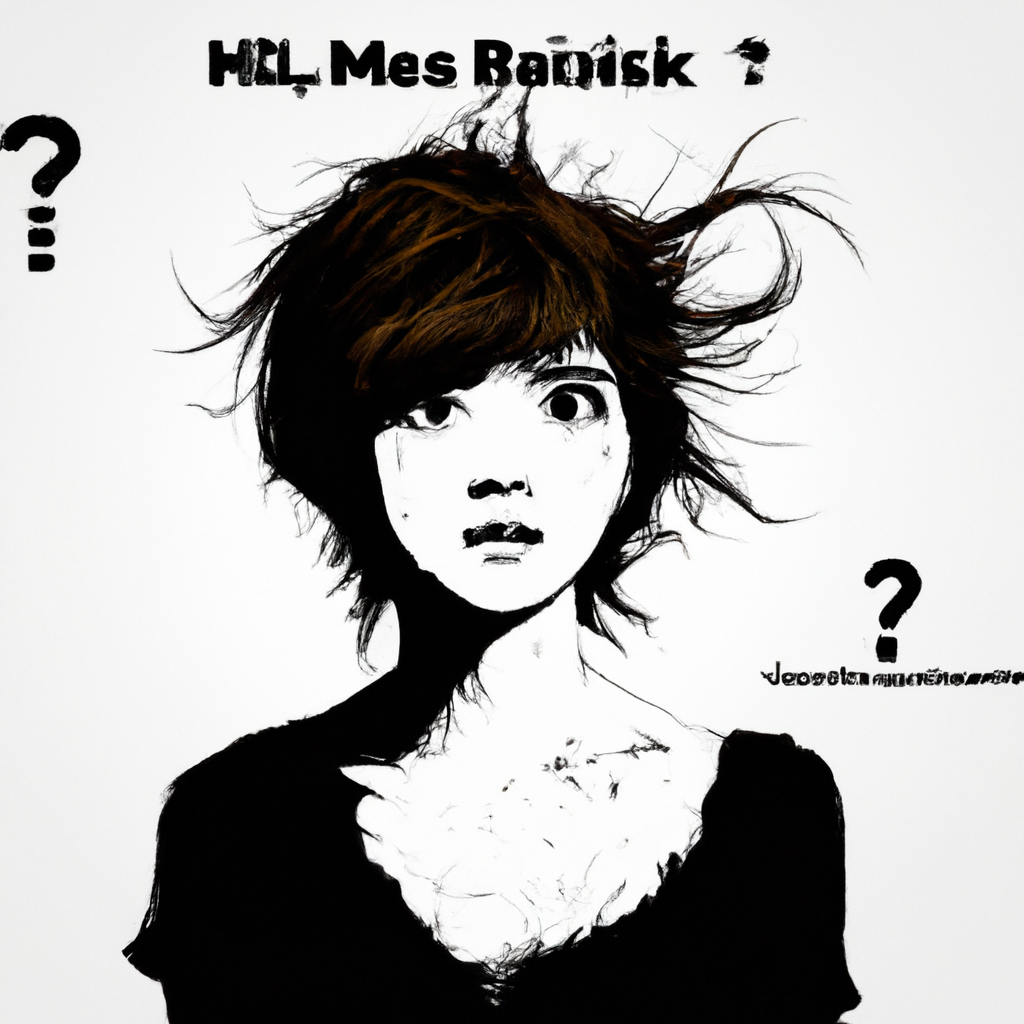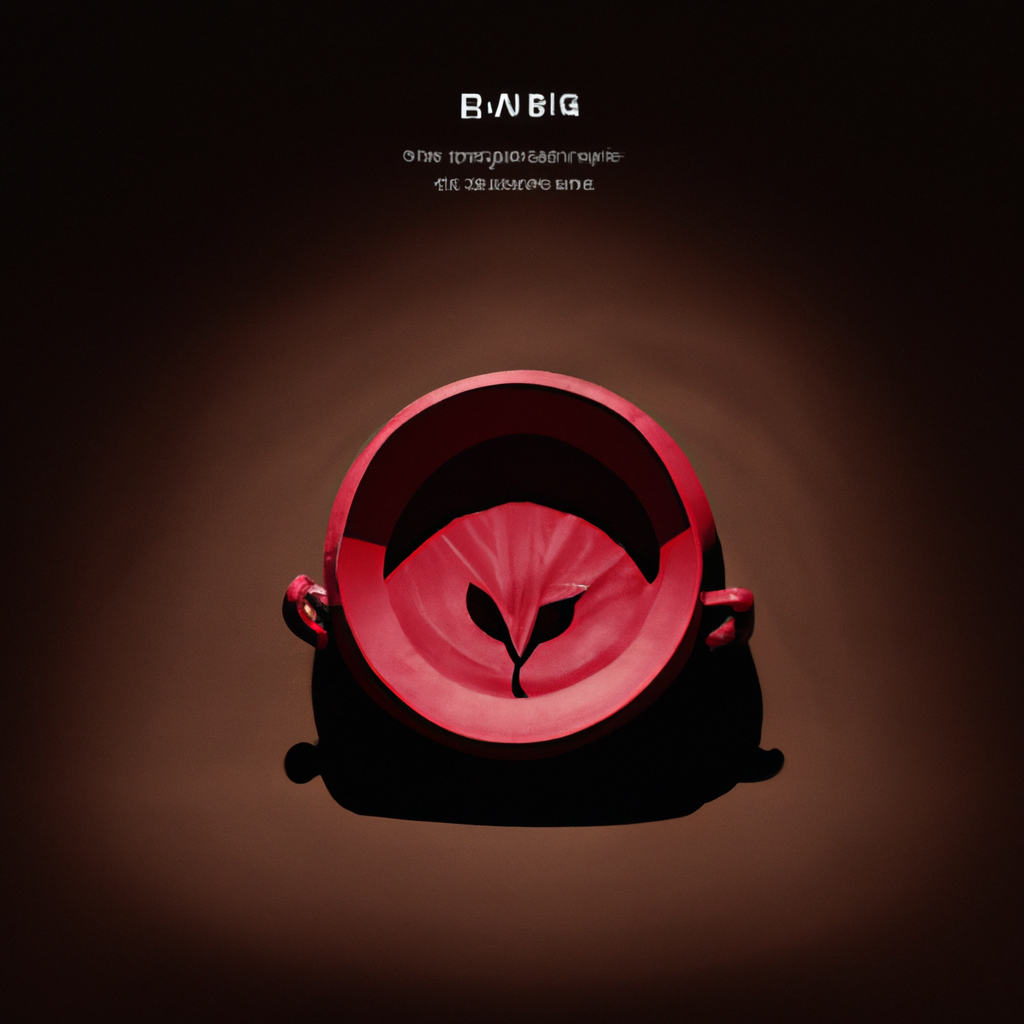Discovering the World of Korean Webtoons: A Journey through Innovation and Artistry
The Korean webtoon industry has taken the world by storm, renowned for its unique storytelling and diverse genres. Rooted in traditional comics, webtoons have evolved to incorporate technical advancements, creating an engaging digital experience.
History and Evolution of Korean Webtoons
Originating from traditional Korean manhwa, webtoons began their journey in the early 2000s. The internet boom and smartphone proliferation drastically enhanced their accessibility, leading to an explosive popularity. Webtoons evolved with interactive features, setting them apart from conventional comics.
Initially, webtoons distinguished themselves by offering content predominantly in color and utilizing a vertical strip format, ideal for mobile devices. This innovative approach contributed significantly to their global appeal.
Diversity in Genre and Storytelling
Korean webtoons encompass an impressive array of genres, from romance and fantasy to horror and action. This diversity caters to a wide audience, ensuring something for everyone.
The narratives within webtoons are equally varied and complex, often reflecting social issues, cultural traditions, and personal relationships. This blend of innovation in content and format makes webtoons a rich medium for expression.
Popular Webtoons and Their Global Impact
Several Korean webtoons have achieved international success, paving the way for adaptations into dramas and films. Titles like “Tower of God,” “Solo Leveling,” and “True Beauty” exemplify this trend.
Such adaptations often attract new followers to the original webtoon, expanding its reach and enhancing cultural exchange. Webtoons serve as a bridge connecting global audiences to contemporary Korean culture.
Platforms and Digital Accessibility
The success of Korean webtoons is closely tied to digital platforms like Naver Webtoon and Daum Webtoon, which provide easy access to a vast array of content. These platforms offer translations, enabling non-Korean speakers to enjoy these stories.
Subscriptions, ad-based revenue models, and user engagement features have made it viable for creators to monetize their work, further boosting the webtoon industry.
| Feature | Traditional Comics | Webtoons |
|---|---|---|
| Format | Horizontal | Vertical |
| Color | Mainly Black & White | Full Color |
| Accessibility | Print Media | Online Platforms |
| Global Reach | Limited | Extensive |
Influence on Other Media and Future Prospects
Korean webtoons are significantly influencing other media, inspiring adaptations in various forms. This cross-medium influence showcases their far-reaching impact.
The future of webtoons looks promising with continuous technological integration and global outreach efforts. Virtual reality and augmented reality features are on the horizon, promising an even more immersive experience.
FAQ
- What makes Korean webtoons different from traditional comics?
Webtoons are primarily digital, designed for mobile reading with a vertical scroll and come in full color, unlike traditional comics. - Can I read Korean webtoons in English?
Yes, many popular platforms offer webtoons in multiple languages, including English. - Are webtoon adaptations faithful to the original?
Adaptations vary, but they often retain the core narrative of the original webtoon while adding new elements suitable for the screen.
Summary:
- ✅ Korean webtoons are a modern evolution of traditional comics, offering diverse genres and innovative digital formats.
- ✅ Popular webtoons have achieved global success and influenced other media forms significantly.
- ✅ Digital platforms have enhanced accessibility and monetization for creators, driving the industry’s growth.
- ✅ The incorporation of new technologies promises a bright future for webtoons, with expanding global reach.
#KoreanWebtoons #Manhwa #DigitalComics #SouthKorea #Artistry #InnovativeStorytelling #MobilePlatform #GlobalSuccess #DigitalMedia #EntertainmentIndustry #NaverWebtoon #DaumWebtoon #WebtoonAdaptations #CulturalExchange #TechInnovation #ArtExpression #ComicEvolution #ContentDiversity #VisualArt #FutureTrends #DigitalArt #MobileComics #CulturalPhenomenon #InteractiveStorytelling #CreativeMedia #GlobalTrend #KoreanCulture #VirtualReality #AugmentedReality #DigitalAccess

